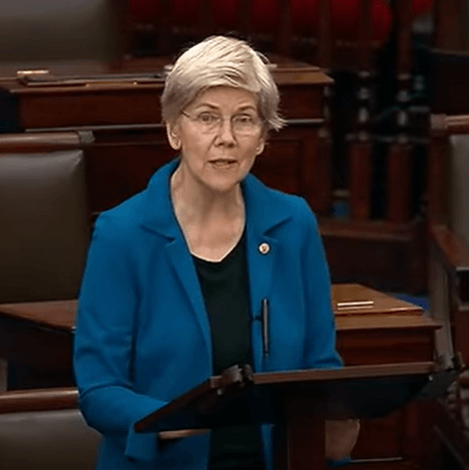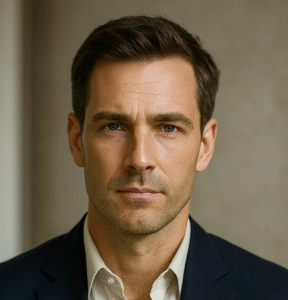
A New Kind of Bank — and a Familiar Cast
The U.S. Office of the Comptroller of the Currency has conditionally approved Erebor, a new national bank backed by a network of powerful tech investors including Peter Thiel, Palmer Luckey, and Joe Lonsdale.
The bank’s focus: financing firms in AI, defense, digital assets, and what its founders call the “innovation economy.”
Erebor has raised roughly $275 million in capital and plans to serve high-growth companies that traditional banks often avoid.
The name itself — pulled from Tolkien’s The Hobbit — hints at ambition: the mountain where gold is hoarded and guarded.
The Speed — and the Scrutiny
What’s drawing attention isn’t just the bank’s investors, but how fast it got approved.
The OCC signed off on Erebor’s application in just four months, a remarkably short timeline compared with the years similar charters often take.
That speed has ignited political concern. Senator Elizabeth Warren, the ranking Democrat on the Senate Banking Committee, condemned the decision in a sharply worded statement released Wednesday.

“President Trump’s billionaire buddies Peter Thiel and Palmer Luckey just received approval from the OCC to launch a new bank that will cater to the financial whims of Silicon Valley billionaires,” Warren said. “Trump’s financial regulators just fast-tracked an approval of this risky venture that could set up another bailout funded by American taxpayers and destabilize our banking system.”
Her remarks frame Erebor as not just a banking experiment — but a potential flashpoint in the ongoing debate over political influence and financial deregulation under Trump’s leadership.
Innovation or Cronyism?
Erebor’s founders describe the venture as a solution to what they see as outdated financial infrastructure — a way to “bank the builders” fueling AI, defense tech, and next-generation industries.
Supporters argue that traditional institutions have become overly risk-averse since the collapses of Silicon Valley Bank and Signature Bank, leaving innovators stranded. Erebor, they say, fills that gap.
But Warren and other critics see something else: a system tilted toward the elite, where proximity to political power accelerates approvals and concentrates financial control.
The bank’s backers have close ties to the Trump orbit — from Thiel’s early campaign support to Luckey’s defense contracting firm Anduril, which has won major government contracts. That proximity is what has turned Erebor’s charter into more than a business story — it’s now a litmus test for how influence moves through Washington’s financial corridors.
The Bigger Picture
Erebor’s conditional approval signals a broader shift in the U.S. financial landscape — one where politically connected capital and technologically ambitious banking models are colliding.
Whether Erebor becomes a model of innovation or a cautionary tale may depend on what happens next. Will it expand opportunity for next-generation companies — or deepen public skepticism about who America’s banking system truly serves? Either way, it marks another unmistakable moment in the Trump-era fusion of politics, money, and Silicon Valley power.































